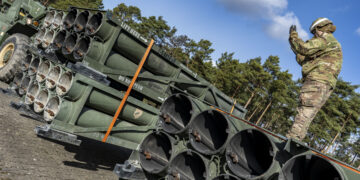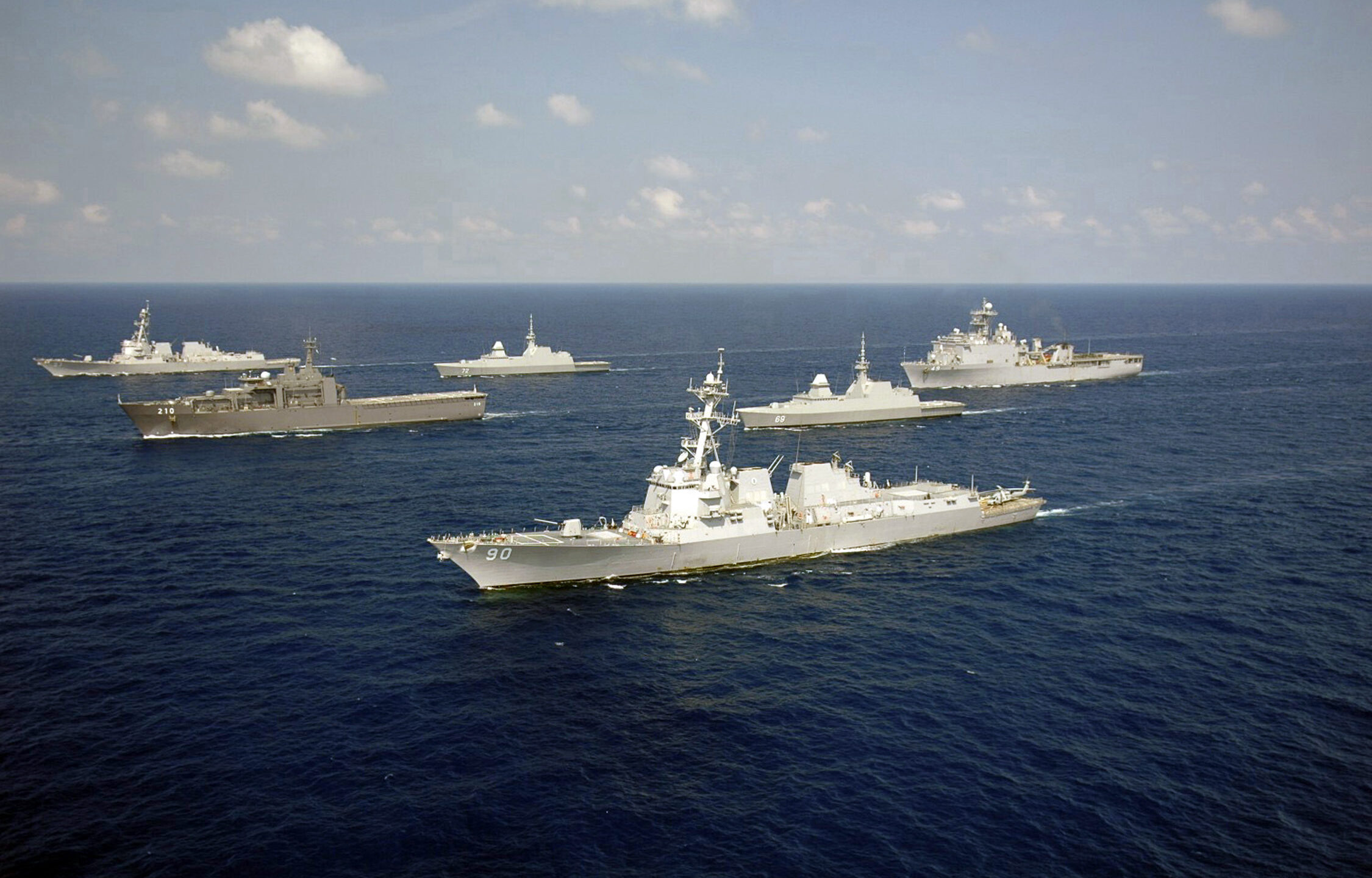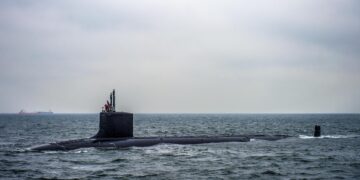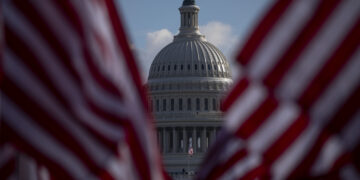On the other hand, Goldstein said that the specialists “generally acknowledged that China is quite sympathetic to Russia, due to the fact that Beijing is also facing significant geopolitical and ideological pressure from the West.”
“As a whole, [Beijing] blames NATO expansion for provoking the war. Some Chinese have spoken out critically against Russian aggression, but they have been a small minority,” Goldstein told The China Project.
But China must also balance any sympathies with Russia with mounting pressure from the West. “As one Beijing strategist told me: ‘China will not help Russia win, but it also must prevent it from losing,’” Goldstein added.
“Generally, Chinese leaders grasp that Russia is in a very tough spot, and they are willing to lend a hand to some extent, while still insisting on ‘neutrality’ in order to preserve commercial ties with the West, and particularly Europe,” Goldstein told The China Project.
“Unquestionably, China is in the driver’s seat of this relationship — much more so than in the past,” Goldstein said. “Russia has to grant China greater access to its markets, technology, and resources…But China is, I think, wise enough that it knows it should not overplay its hand.”
But sanctions will likely do little to change Beijing’s approach to Moscow. China has been “laboring under sanctions rules in its relationships with Iran, North Korea, and myriad other countries for decades. Thus, they have a long experience in upholding these economic relationships, while steering clear of the most flagrant violations,” Goldstein told The China Project. “China has enough economic clout and leverage, even with the U.S., that it can make counter threats if Washington is viewed as overzealous in sanctions enforcement.”
More on Asia

Featuring Dan Caldwell
July 13, 2025

By Jennifer Kavanagh and Dan Caldwell
July 9, 2025

Featuring Jennifer Kavanagh and Dan Caldwell
July 9, 2025

Featuring Lyle Goldstein
July 4, 2025






